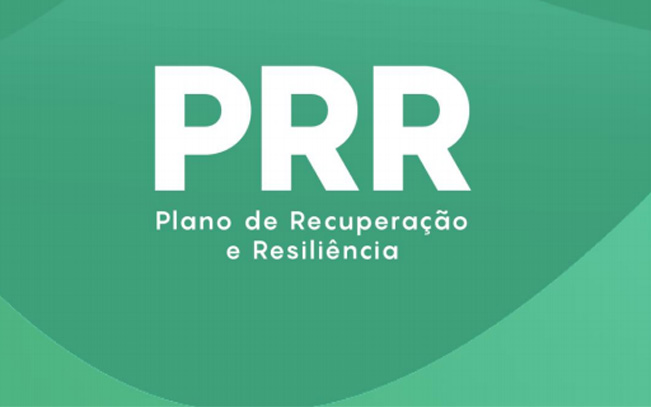Contribution to the public consultation of the Portuguese Recovery and Resilience Plan 08/03/2021

The Recovery and Resilience Plan is a broad strategic document, in which fundamental structural reforms are shaped to ensure the exit from the pandemic crisis and guarantee a resilient future for Portugal. The document is organized into three structural dimensions: Resilience, Climate Transition and Digital Transition and was in public consultation for two weeks, open to contributions by citizens, companies, and other civil society entities, until last March 1st.
The Laboratory of Industrial Ecology and Sustainability, at IN+, held a joint discussion on the proposals enlisted within the thematic of climate transition, delivering a document with contributions for the discussion, authored by Diana Neves, Diana Vieira Fernandes, Carlos Santos Silva, Fabíola Pereira, Fernanda Margarido, Francisco Costa, Mexitli Sandoval-Reyes, Patrícia Baptista, Ricardo Gomes, Ricardo Robles, Rui Costa Neto and Tatiana Bruce da Silva.
The document starts by framing the Recovery and Resilience Plan with other relevant Energy-related strategic documents, analyzing and then discussing the proposals for climate transition dimension.
Among the main conclusions, one of the biggest concerns is the lack of quantification of each measure to the accomplishment of the climate and CO2 targets for 2030 to which Portugal is committed. Further, some inconsistencies were identified in relation to the instruments it announces and the objectives it proposes, not making clear which criteria are used for certain choices. On the other hand, despite having as objective and ambition the promotion of the digital transition, the Recovery and Resilience Plan does not present investment in energy nor in telecommunications infrastructures, proposing mainly passive measures on the supply side. The improvement and investment in public open data is also reported as crucial, aiming for a better use of the information generated by the State. Namely for a better quantification of determining factors, impacts and results, as well as for the better design of public policies, improving the services provided by the State, ultimately leveraging greater and better collaboration, and support from the community of R&D in the development of proposals and strategic plans.
Click here to download the full document [in Portuguese].



